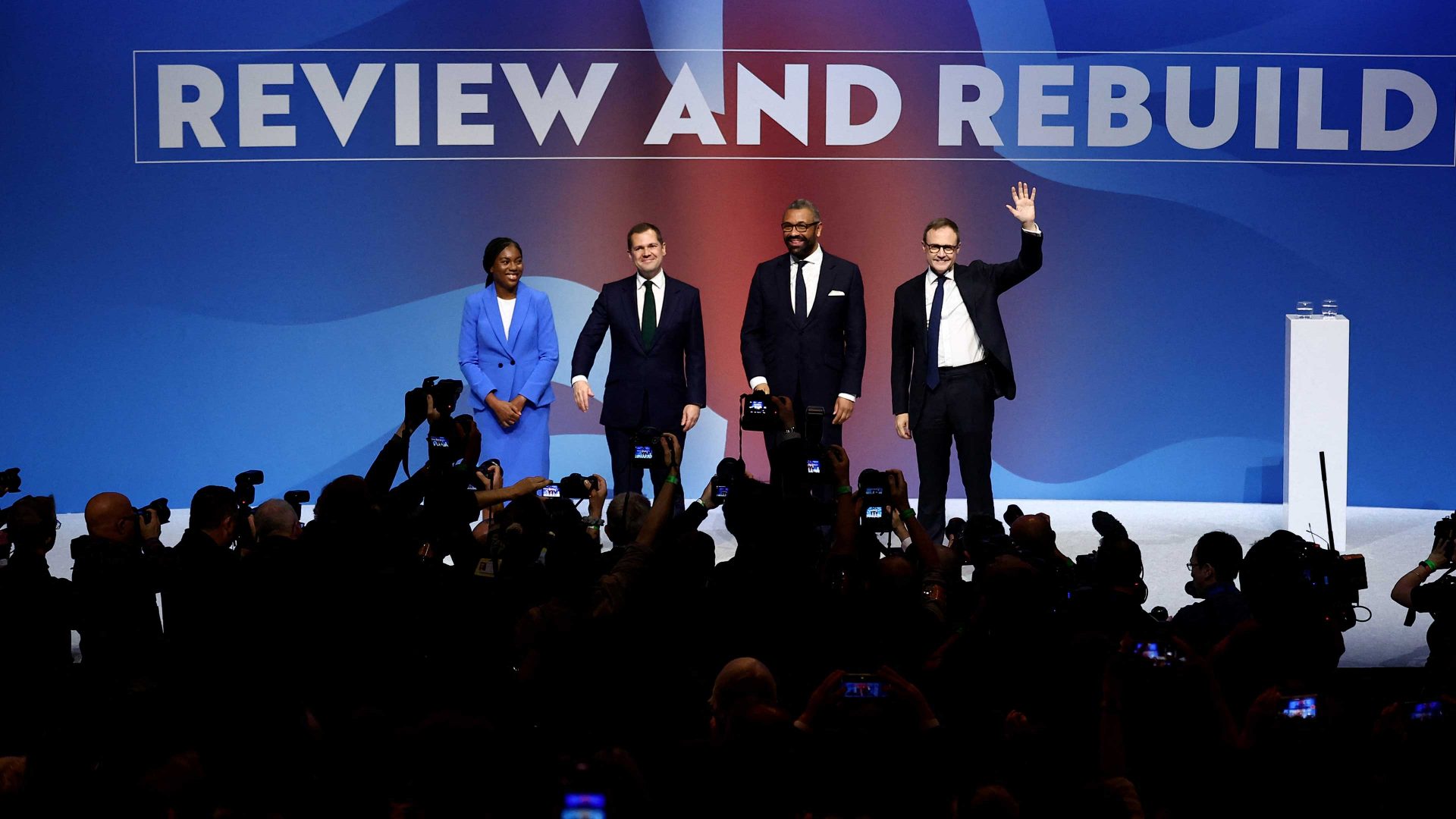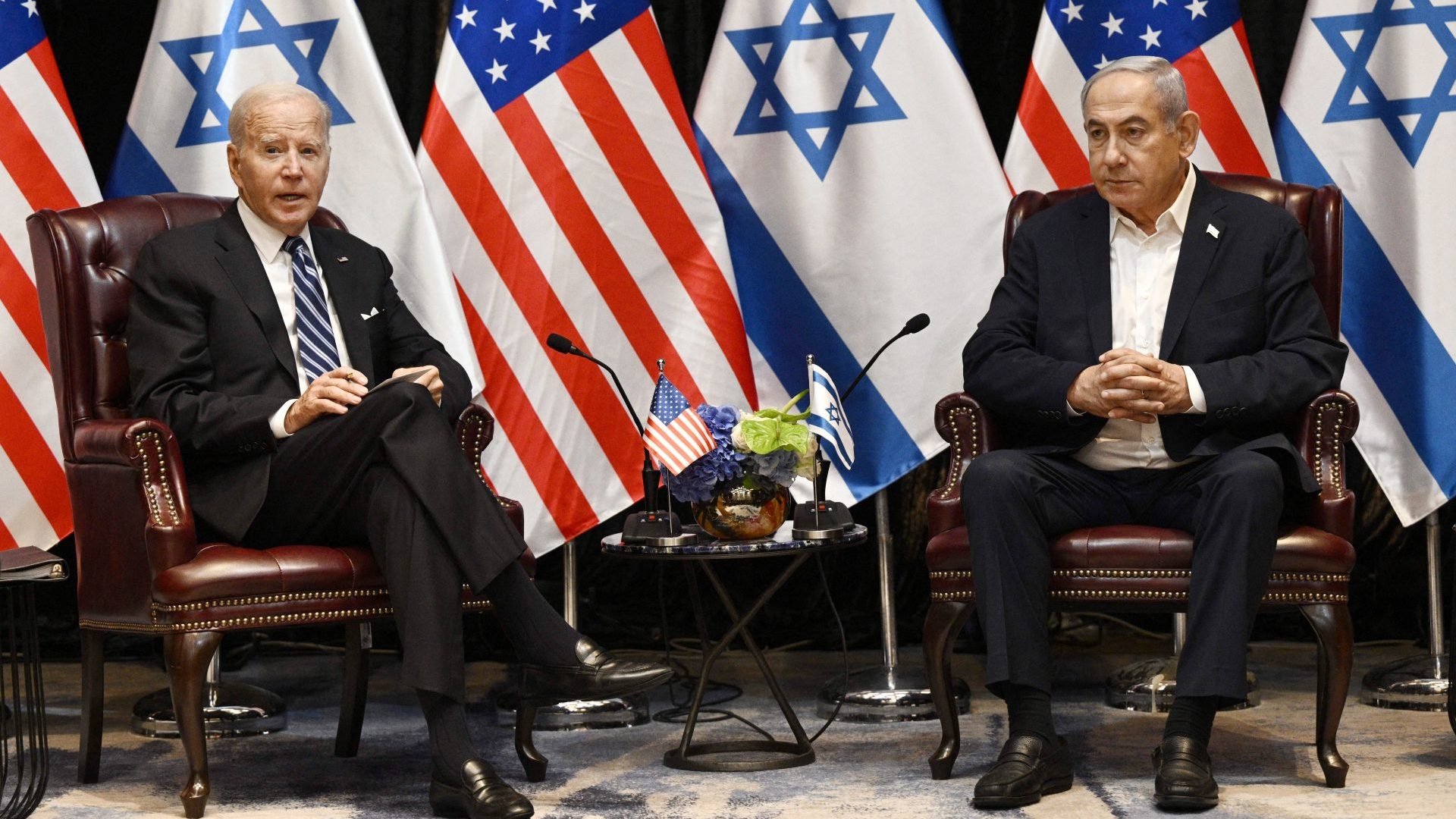Conference season is feasting time for politicians and the media but, for the average voter, it is as irrelevant as the asparagus or truffle seasons, having no impact at all on their lives.
If pushed to recall any aspect of this year’s get-togethers, they might summon an image of some chap on a jet ski inexplicably claiming to be the leader of a political party (Ed Davey of the Lib Dems), or a quartet of equally odd characters fighting to take charge of the party they thought had been consigned to oblivion. But the main political recollection is probably a rookie prime minister being mired in controversy over free tickets for Taylor Swift concerts and donated suits.
The government should not have walked into the freebie mess and must learn from it. The episode has demonstrated what an effective opposition it faces in a media which still leans heavily to the right. Yet the media cannot be relied upon to play the part of an effective parliamentary opposition: it is too interested in headlines and the short term.
That is why the ongoing leadership election in the Conservative Party is so important – and so dispiriting.
This dramatically shrunken tribe is still led by a near-invisible Rishi Sunak and will continue to be so for another fortnight, until the membership actually decides on which of the candidates it wants to take over from him. By then, Conservative MPs will have reduced the four to just two.
At the beginning of the Birmingham conference, the odds were on Kemi Badenoch and Robert Jenrick being the survivors but, after a strong performance, James Cleverly is still in the running. Tom Tugendhat looked unlikely to make the final slate.
To put that slate in perspective, it is worth noting that the element of his speech which seemed to resonate loudest with his audience was a plea that the Conservatives should be more “normal”. (This from someone who, as home secretary, did not appear to deem it extraordinary to joke that he regularly spiked his wife’s drinks.)
The electorate the final two will face is as strange as Cleverly’s sense of humour. For a start, 57% of them rate Boris Johnson a “good” or even “great” prime minister and 52% would like to see him back as Tory leader. That was the finding of the Party Members Project, run out of Queen Mary University of London and Sussex University, which surveyed the membership of about 100,000 just after the general election.
Given their enthusiasm for Johnson, it is not surprising that, according to Tim Bale, the politics professor who leads the project, the members’ views might be labelled “Machiavellian” and “potentially at odds with views held by most Brits as to what constitutes acceptable behaviour on the part of a leader”. That leads him to the conclusion, expressed in Parliament’s The House magazine, that the Tories “may end up choosing someone to lead the Conservatives who is not only some way to the right of where most voters are… but who also has a leadership style that many voters would find positively off-putting, and maybe even amoral”.
Which points to the conclusion that, if she makes it into the final round, Badenoch would be the winner. She is a fierce warrior against “woke”, which many members hate. She is also more vociferous than even Liz Truss in her attacks on civil servants, reaching new heights at the conference with the allegation that 10% of them were so bad they should be in prison.
If the MPs deprive members of the chance to vote for Badenoch, Jenrick is most likely to be their eventual choice. He used to be a Remain-voting centrist but now strives to be the toughest on immigration and would be straight out of the ECHR, views which win him support from party right wingers. As Winston Churchill put it: “Some men change their party for the sake of their principles; others their principles for the sake of their party.”
But it is not merely the Tory Party that these misguided characters aim to lead: they talked as if they might soon be leading the country. While Labour’s teething problems in office have been greater than expected, a clever budget could more than compensate and then the party has time to govern and make a difference.
By the time another election looms, Conservative MPs will sniff potential doom and ditch their leader for an individual who just might have broader appeal than Machiavelli.




